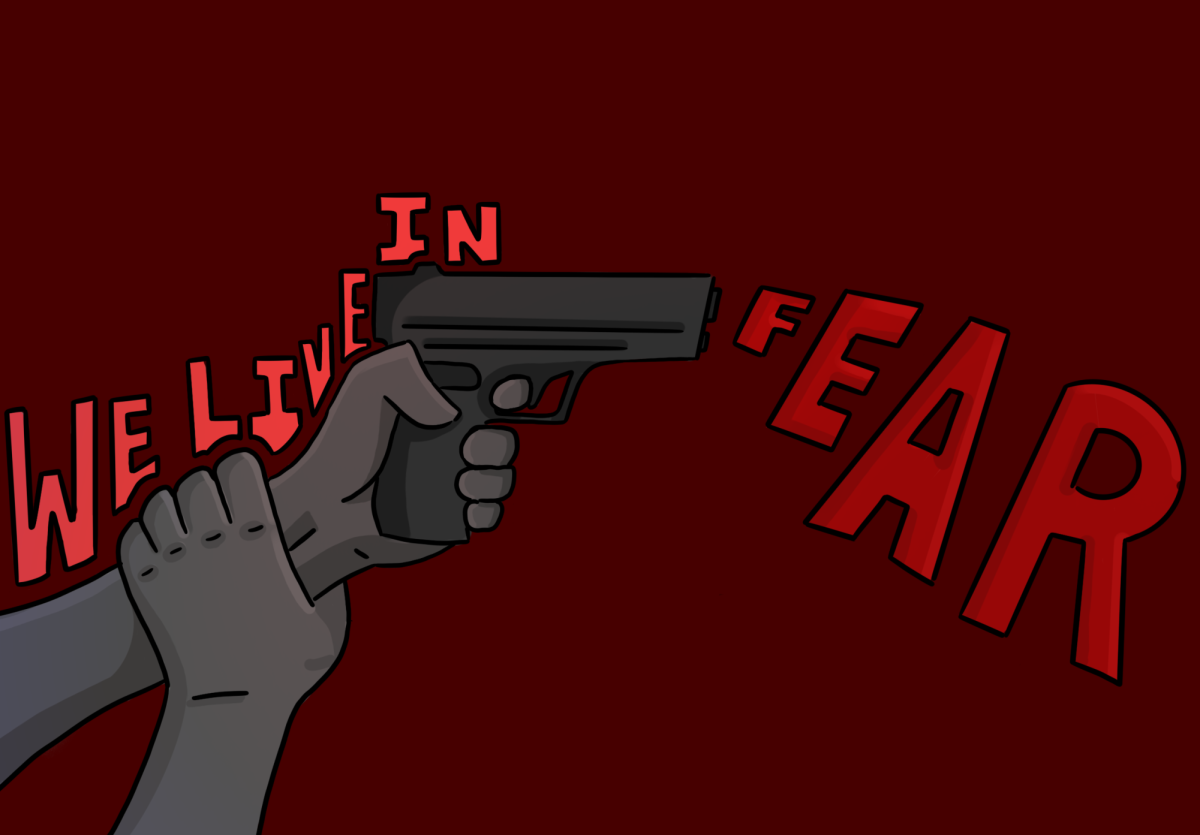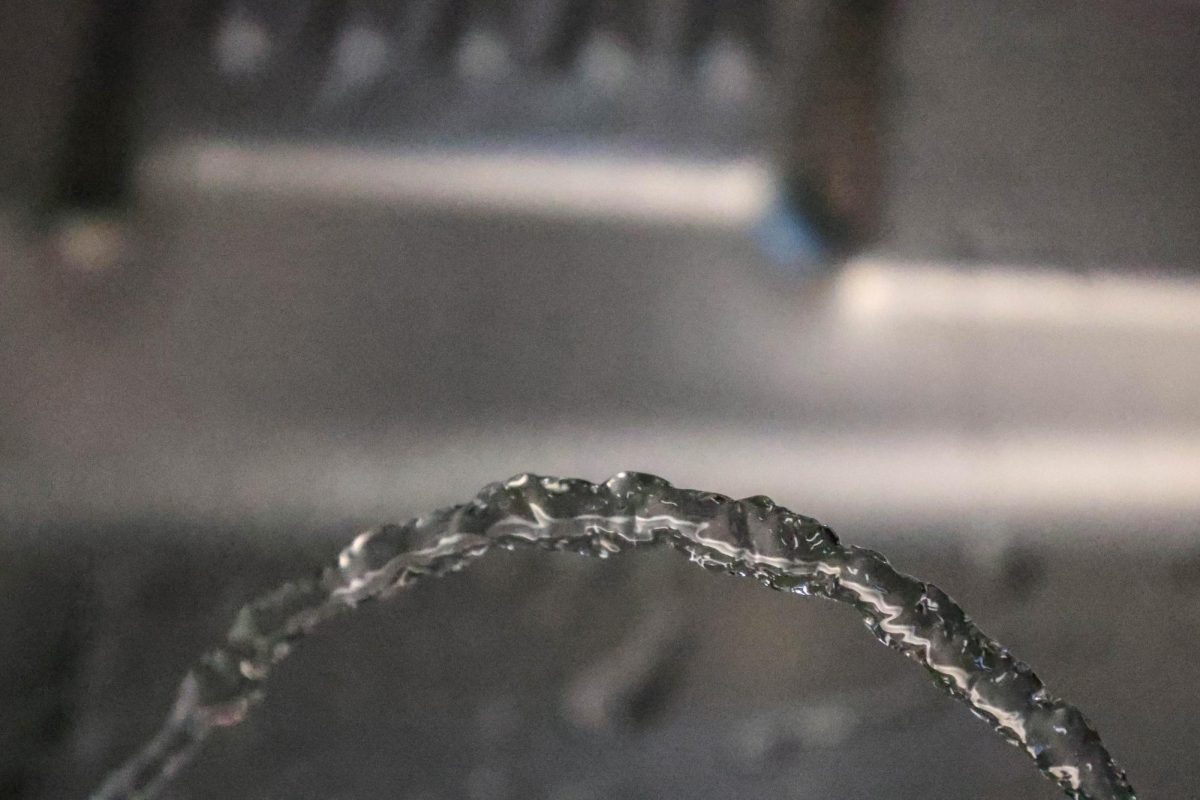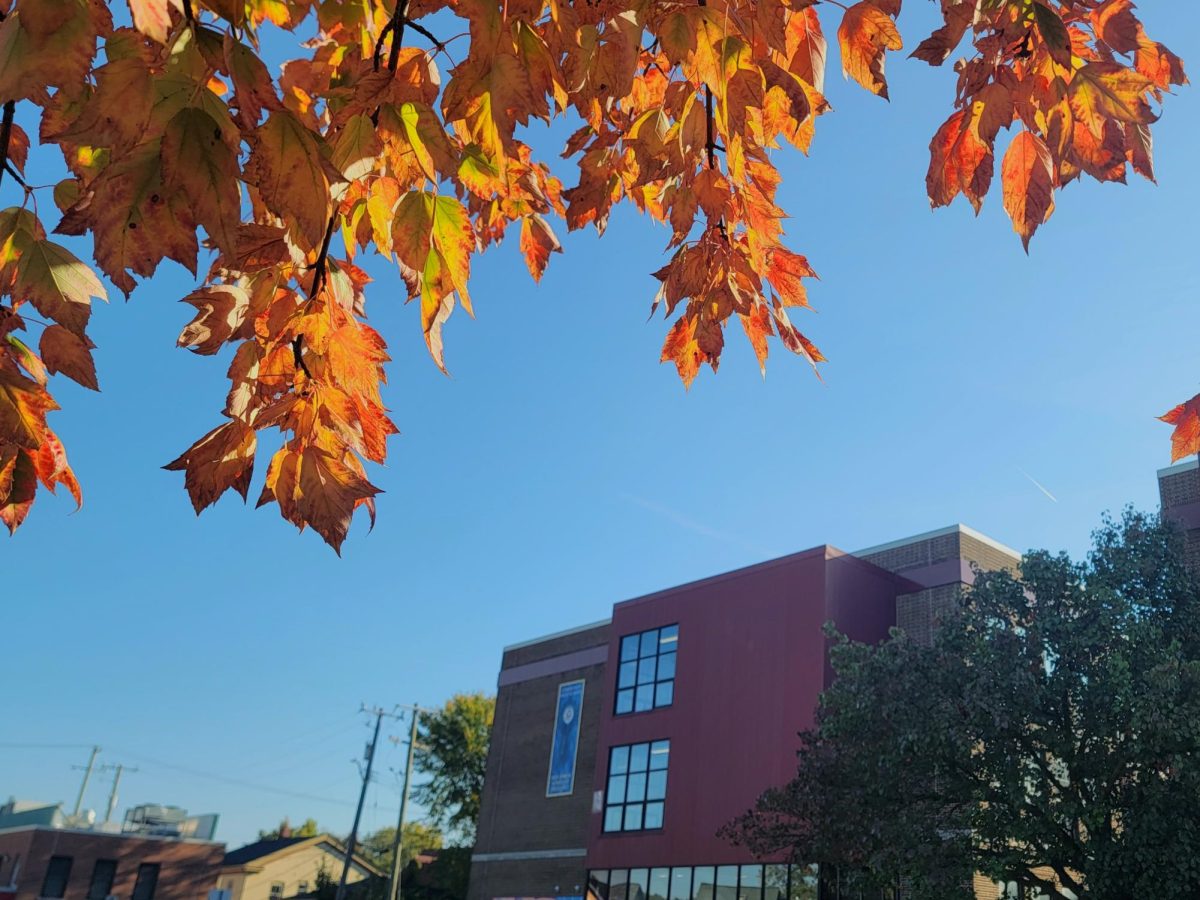Patriotism should be based on critical thinking and opinion, not on mindless rituals
On Nov. 10, the Michigan Senate approved a bill that immediately sparked heated debate in the comments sections of numerous online newspaper articles. If the House votes to pass it, this bill would require that every Michigan public school student start each day by reciting the pledge of allegiance (except for students that express an objection and choose to opt out) and that an American flag be displayed in every classroom.
It is important that we question the objective of this bill. Evidently, the 31 Michigan Senators who voted for the bill are invested in students’ patriotism. But it is difficult to see how exactly the ritual of reciting the same phrase every morning benefits our country. The bill requires students to pledge allegiance without asking them to consider what they are doing and why they are doing it. This teaches students to be thoughtlessly and automatically patriotic, as opposed to basing patriotism on critical thinking and educated opinion.
In my experience, thoughtless patriotism is cultivated in elementary and middle school. Patriotism is reinforced, but the question of why and for what purpose one should be patriotic is rarely tackled. The American History curriculum is simplified and occasionally misleading, and tends to represent America positively. With the exception of abbreviated information about slavery and the treatment of Native Americans, details that show America in a negative light often fall by the wayside.
Luckily, in the American History class that I took with teacher Sarah Roldan my sophomore year, I learned a more detailed and inclusive version of American history. Though I discovered a love for the subject and was fascinated with what I learned, I was also often disgusted. At every turn, it seemed that Americans were responsible for atrocities. I winced as I learned more details about slavery and the forcing of Native Americans onto reservations, and I shuddered as I learned the specifics of the damage our country committed in the Vietnam War. Descriptions of racism or corruption could be found on almost every page of my textbook.
One of the most unpleasant surprises came as I learned about the period of American imperialism at the beginning of the twentieth century. At that time, the U.S. set out to exercise its power by dominating and annexing numerous countries, most famously the Philippines. Americans believed that they were superior and needed to “civilize” the residents of the new territories. Following this ideal, the Americans often committed brutal acts against people in the territories and suppressed their independence, just as America’s own independence had been put down by Britain more than a century before. The flag that I had been taught to admire and say the pledge for could be, when carried into other countries, a symbol for racism, inhumane treatment and arrogance.
After viewing a fuller picture of America’s past, it became difficult for me to muster up patriotism for my country. In addition to my disillusionment with the past, I felt increasingly frustrated with the partisan squabbles that dominate our country’s current politics. I did not feel there was much to be proud of.
Now, I am in the process of re-forming my patriotism. I recognize that although it was not right for me to be blindly patriotic without truly knowing my country, it also was not right for me to forget the things about my country that I do take pride in.
I remind myself that all countries have political issues; the U.S. is not the only country fragmented along party lines. I try to remember that unpleasant, shocking events are facts of history, and are not unique to the American past. I try to think about how far we have come and about all the individuals that made positive changes in our history. Above all, I remind myself that I am grateful to have the rights that I have and live in a democracy, even if it is a partisan one. I am grateful that I can write this piece and express my opinion without being persecuted by the government. I am grateful that I can choose my religion, and that when I turn 18 I will be able to vote for who I think can best lead the country.
Although my pride in my country is not what it once was and my patriotism is not as simple as the Senators who voted on the pledge of allegiance bill may expect it to be, I feel that my new patriotism is an improvement. Now that I have truly realized how often my country can have the wrong answer, I am more inclined to criticize and analyze political events and to form my own opinion and ideas. Now, instead of assuming that the U.S. is the best country, I try to think about how we can make the U.S. a better country.
I discovered that it is good to be patriotic, but it is wrong to be blindly patriotic. Patriotism should be multi-layered and well-considered. Our legislators should not put so much emphasis on students mindlessly pledging allegiance to a flag. Instead of requiring students to drone on with the same words each morning and to take these words at face value, we need to encourage students to think for themselves and analyze the current and past deeds of the country. Democracy is created through thought and opinion, and a true way to establish the American ideal is to foster independent thought from a young age. Patriotism is useful only when it is with the purpose of improving, questioning, and participating in government. Thoughtless patriotism, formed through mindless rituals, is an obstruction, not a vehicle, to peace and democracy.








